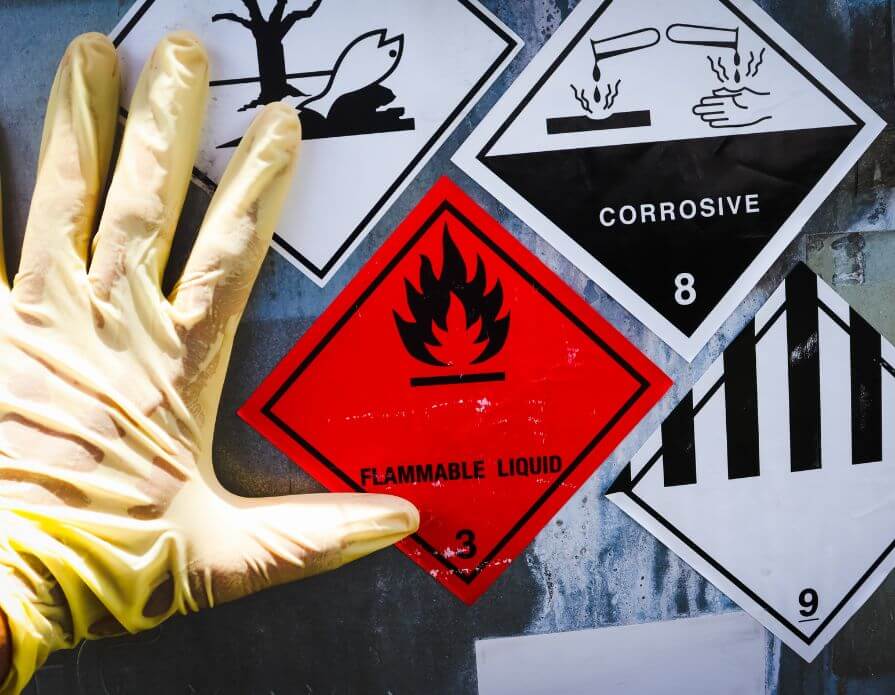How Companies Are Improving Chemical Waste Management
Chemical waste management has become paramount for industries that handle hazardous materials. Businesses face significant pressure from regulatory bodies, environmental groups, and the public, who are increasingly concerned about sustainability.
To meet these demands, companies are taking bold steps to adopt innovative technologies and form strategic partnerships that minimize their operations’ environmental impacts.
Employing Sustainable Chemical Use
Sourcing chemicals with sustainability in mind represents a forward-thinking shift in industrial practices. Manufacturers now prioritize biodegradable and less toxic materials, reducing immediate waste and long-term environmental risks.
Beyond sourcing, operational transformations, such as integrating closed-loop systems, have allowed companies to reuse materials instead of immediately discarding them.
Leading manufacturers are also using lean-production techniques, designed to cut waste by focusing on sustainable chemical use at worksites. These strategies help companies reduce their raw material input while ensuring higher efficiency.
Such initiatives showcase how companies improve chemical waste management through thoughtful, sustainable choices aligned with environmental stewardship.
Improving Solvent Recovery
Recovering solvents used in manufacturing or research is critical for cost savings and environmental protection. State-of-the-art recovery systems, including advanced distillation units and membrane separation, enable facilities to reclaim high-value solvents for reuse.
Effective reclamation processes minimize waste disposal needs while cutting expenses for purchasing new solvents.
Solvent recovery automation further improves the recovery processes by offering consistent results while reducing manual oversight. For example, companies can install automated vacuum distillation setups that require less labor while enhancing productivity and precision.
Adopting these practices highlights how companies improve chemical waste management through innovative recovery tools and approaches.
Leveraging Virtual Simulations for Chemical Safety
Virtual simulations offer a cutting-edge solution for training employees on chemical waste scenarios. Replicating real-world spills or hazardous situations through digital environments allows workers to practice comprehensive responses in a risk-free setting. Immersive experiences provide employees with practical, applicable knowledge.
The customizable nature of simulations allows companies to tailor lessons to reflect specific risks or chemical management protocols relevant to their operations. Harnessing technology in this way boosts safety and ensures that companies meet rigorous regulatory standards efficiently.
Collaborating Across Industries for Waste Management Solutions
Partnerships with waste management experts often yield innovative solutions. Collaborating with specialists provides businesses with access to cutting-edge technologies and best practices. For instance, some industrial leaders work closely with third-party providers specializing in chemical neutralization and recycling.
Industry alliances also drive change by fostering shared accountability regarding sustainability goals. Leading companies continue finding successful methods to dispose of challenging waste streams safely.
Partnerships demonstrate a commitment to systemic improvement and reflect the business world’s shift towards shared environmental responsibility.
